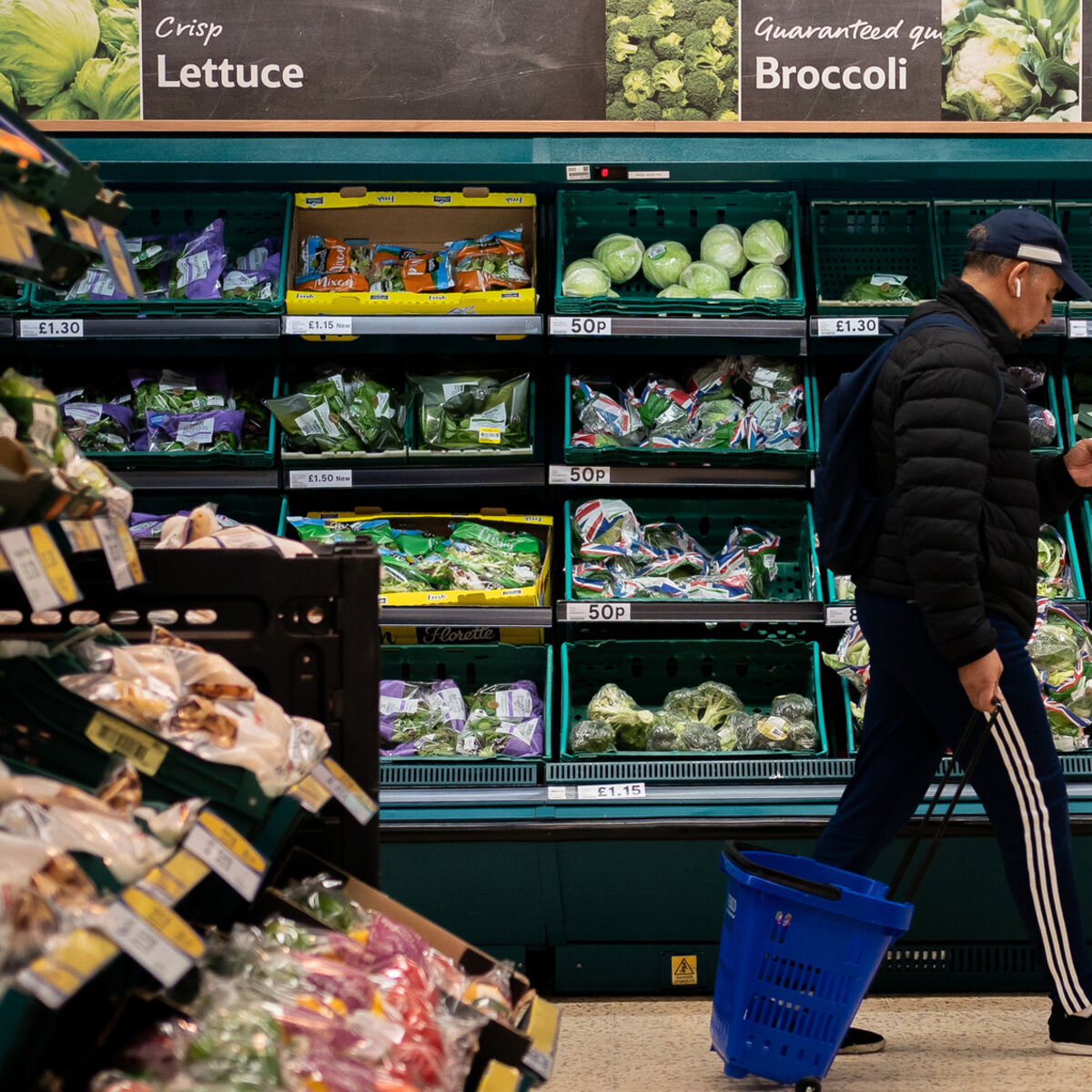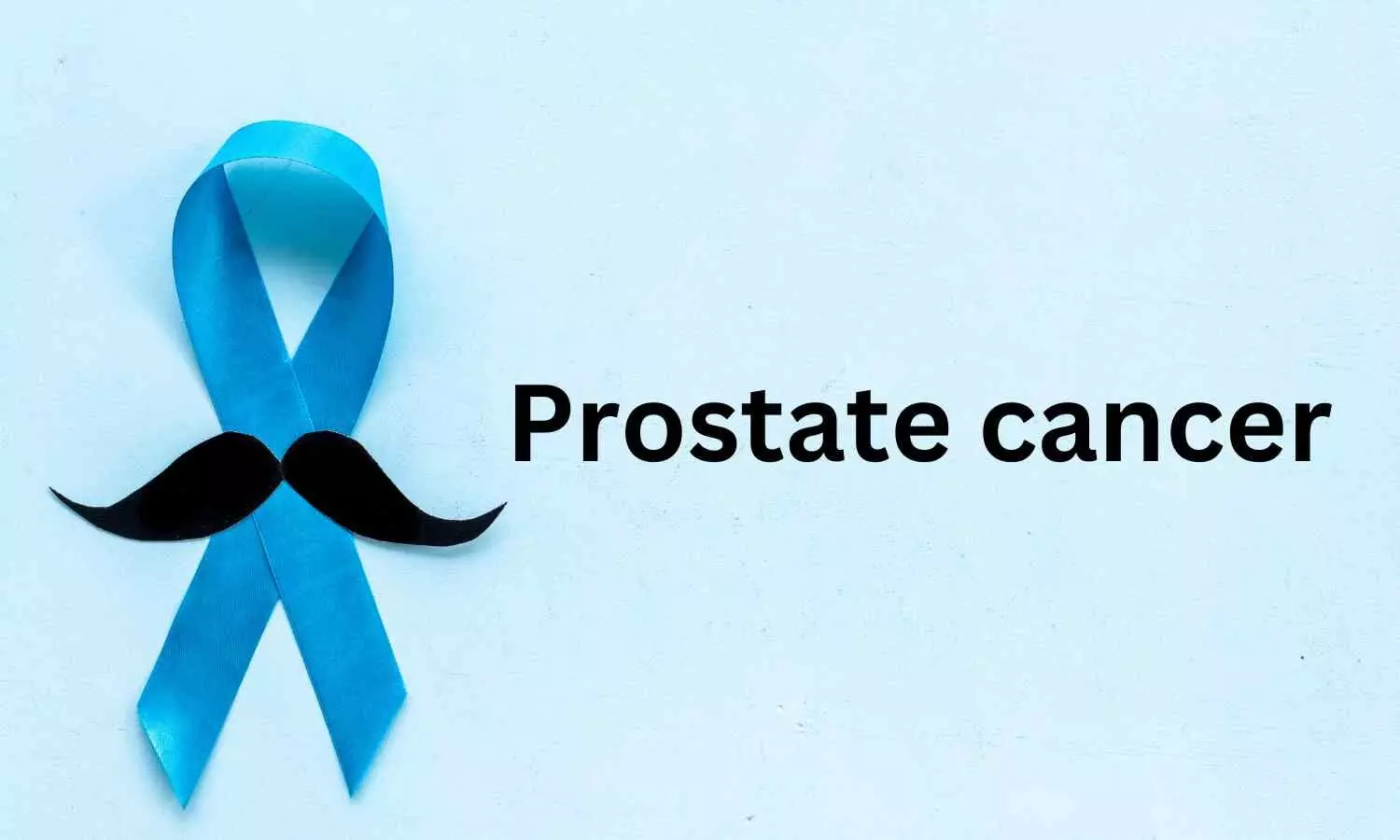By Irishexaminer.com,Tom O’connor
Copyright irishexaminer

These continuing increases in food prices in July and August, followed the dramatic data for the year to June 2025: a pound of butter had risen by 28%, a kilo of roast beef by 20%, and a kilo of lamb by 19%, while two litres of milk rose by 27 cents and a kilo of cheese by 95 cents.
People have little or no discretion on food prices, which are 30% higher now than they were in 2021. Another non-negotiable for most, is rent or mortgage. Rents nationally are up by 7% in the year to August 2025, and in Cork by 11.8%.
Ireland continues to have the third highest energy costs in the EU. On September 12, Bord Gáis increased its prices by 12.5%, and Pinergy also announced an increase. Earlier in the year, Energia, SSE Airtricity and Flogas increased prices.
Nearly half of Irish people pay health insurance. Premiums are rising inexorably. The average health insurance premium has been by €480 in the two years to June 2025.
The norm in Ireland is that two parents need to work to pay for a home and raise a family. Children’s minister Norma Foley’s announcement in June that there would no be a cap of €295 per week for childcare does little to remove the financial pressure for parents, where the average cost per child is currently €197 per week.
Under the economic stress and strain people are under, it really is impossible to justify Mr Donohoe’s decision not to introduce a cost-of-living package in Budget 2026.
His stated reason for not doing so is to keep inflation down. Inflation stands now at only 1.8%, which pales into insignificance compared to the costs people are enduring.
The Summer Economic Statement outlines an overall Budget 2026 package €9.4bn, made up of €7.9bn in increased public spending, and 1.5bn in tax cuts. The Government’s position is that it does not have sufficient fiscal scope to go any further, ruling out a cost-of-living package.
But broadening the tax base measures have been called for by some of the most respected sources in the country: the Irish Tax Institute, Irish Fiscal Advisory Council, and the Commission on Taxation.
It is worth quoting recommendation 5.5 of the Commission on Taxation: “That overall yield from wealth and capital taxes, including property, land, capital acquisitions and capital gains taxes should increase materially as a proportion of overall tax revenues.”
Businesses have argued any increase in Capital Gains Tax or Capital Acquisitions Tax would be bad. Clearly, any broadly based increase of property taxes on already hard-pressed consumers would only add to their woes.
So, a wealth tax is another option. Some may think it extreme. What’s often missing is a sense of solidarity and fairness to all sides. Businesses need to stay competitive and people need to work and live without undue financial pressure.
A targeted wealth tax on those who have very significant wealth, on the basis of solidarity, does not need to be viewed negatively.
The Central Bank reported this year that “overall, household wealth has risen in Ireland from 2020-2024: the wealthiest 10% of Irish households owned €648.9bn, or 49.1% of total household net wealth in the country. This is more than five times the amount held by households in the bottom half of the net wealth distribution altogether (€115.1bn, or 8.7%).”
Spain has implemented a solidarity wealth tax for those whose net wealth exceeds €3m at 1.7% since 2023 without any problems.
In 2022, Oxfam economists estimated a net wealth tax of 1.5% for Ireland on those holding net wealth exceeding €4.6m would yield €4bn annually. Taking these lower 2022 wealth figures, even a 1% wealth tax could yield over €2.6bn in new tax revenue annually.
The cost-of-living package last year cost €2.2bn. This could be continued and funded in Budget 2026 by a new wealth tax.
There is clear evidence that the most wealthy of people who would pay this tax would not flee to country as tax exiles to tax havens, given it would be a minimal amount on their overall wealth.
In addition, most wealthy people would still get a better return on their money by investing in Ireland’s booming economy. It is highly unlikely there would be big moves of wealth offshore, as any transfer back to Ireland would be liable for income tax.
But irrespective of how it would be funded, a significant Budget 2026 cost-of-living package needs to happen.
Tom O’Connor is an economist at Munster Technological University



